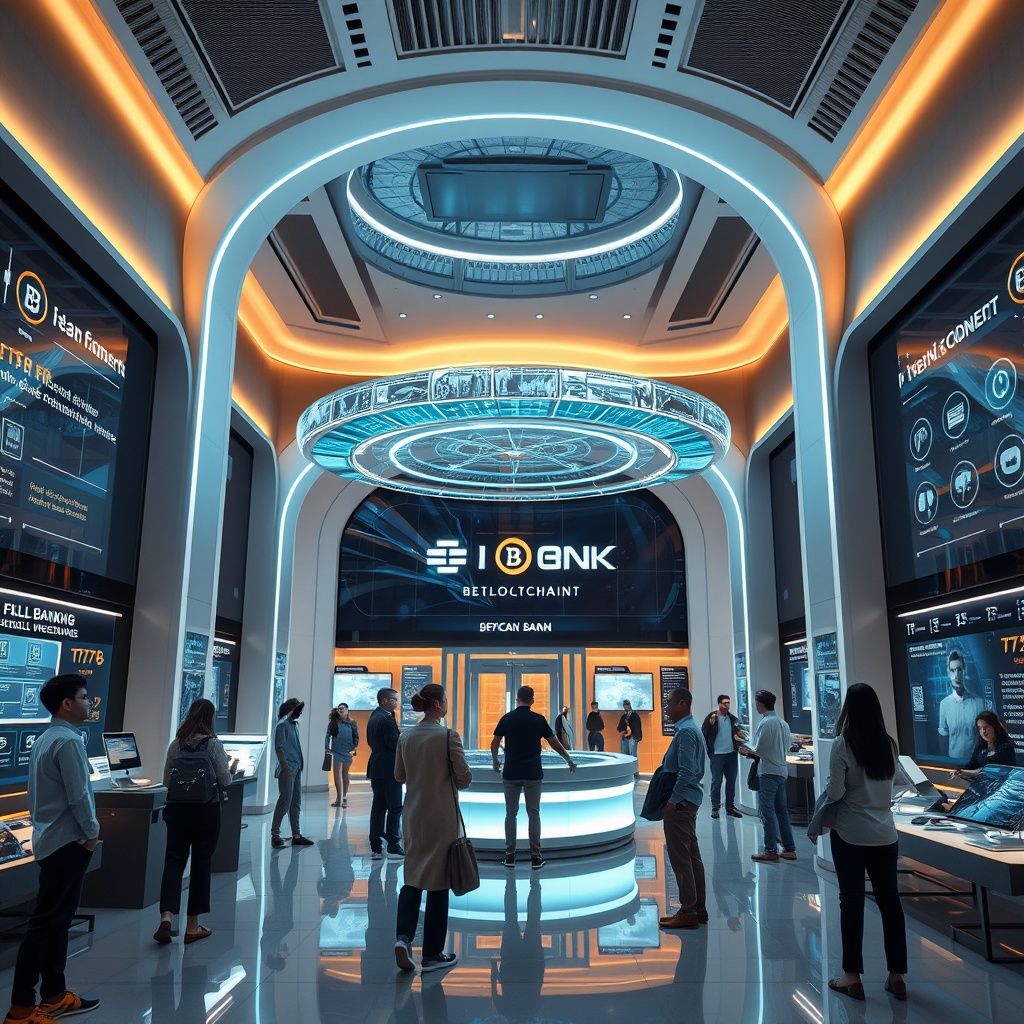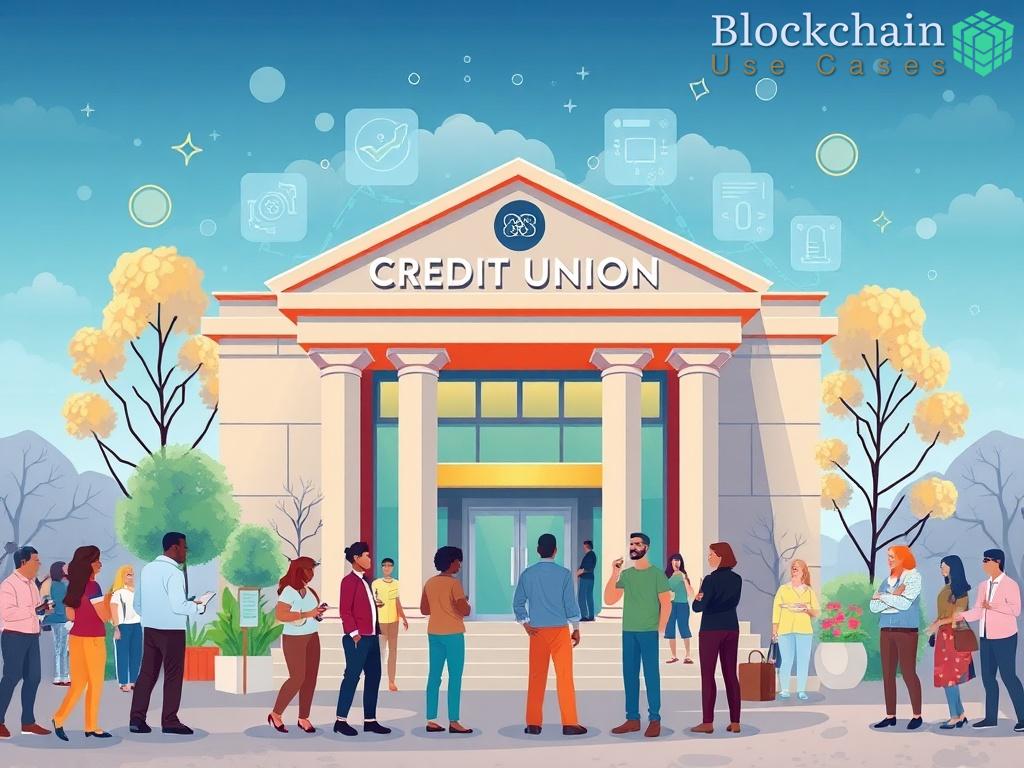The advent of blockchain technology has heralded a new era in the financial landscape, with decentralized autonomous banks (DABs) at the forefront. These innovative institutions leverage the principles of decentralization, transparency, and automation to offer financial services without the need for traditional banking intermediaries. This shift not only redefines the way we think about banking but also proposes a more inclusive and efficient financial ecosystem.
As we delve deeper into the concept of DABs, it becomes evident that they could potentially eliminate many of the inefficiencies and limitations associated with conventional banking systems. By utilizing smart contracts and decentralized ledgers, DABs aim to provide services like lending, savings, and payments while reducing costs and increasing accessibility for users worldwide.
Understanding the foundational principles of decentralized autonomous banks is crucial to appreciate their potential impact on the financial industry. DABs operate on three core tenets: decentralization, transparency, and automation. Each of these principles contributes to creating a banking model that is not only innovative but also resilient against traditional pitfalls.
- Decentralization: DABs eliminate the need for a central authority, empowering users to engage directly with the financial system. This reduces risks associated with centralized control, such as fraud and mismanagement.
- Transparency: Transactions conducted through DABs are recorded on a public blockchain, ensuring that all activities are visible and verifiable by participants. This builds trust and accountability.
- Automation: Smart contracts automate processes like loan approvals and payments, minimizing human intervention and the associated delays or errors.
To fully grasp the transformative potential of decentralized autonomous banks, it is beneficial to compare them with traditional banking systems. This comparison highlights the various advantages DABs hold over their conventional counterparts, paving the way for a future where banking is more equitable and efficient.
| Feature | Decentralized Autonomous Banks | Traditional Banks |
|---|---|---|
| Transaction Speed | Instantaneous via smart contracts | Can take days for processing |
| Fees | Low or no fees | High fees for services |
| Access | Global access for anyone with internet | Restricted access based on geography and regulations |
| Accountability | Transparent ledger for all | Opaque operations |


















